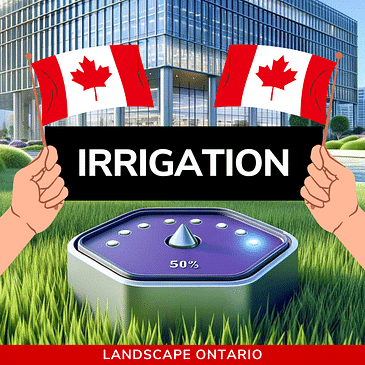Smart controllers don’t save water.
Nozzles don't save water.
They CAN, but I believe that Irrigation professionals, who are CURIOUS ENOUGH to know how to use smart controllers have the potential to save water.
20 years is a long time not to have an answer for something that seems so basic, and I've come to the realization that it is easy to connect the dots looking backwards. We can laugh at Steve Ballmer now, but at the time, he MIGHT have been right...so, here is my message for you today - The future doesn't create itself, someone has to create it. I encourage you to stay curious, and to borrow a phrase from Reid Hoffman co-founder of LinkedIn, “things that seem totally Nut Balls, 10 years later, that’s just the way you do it!”


